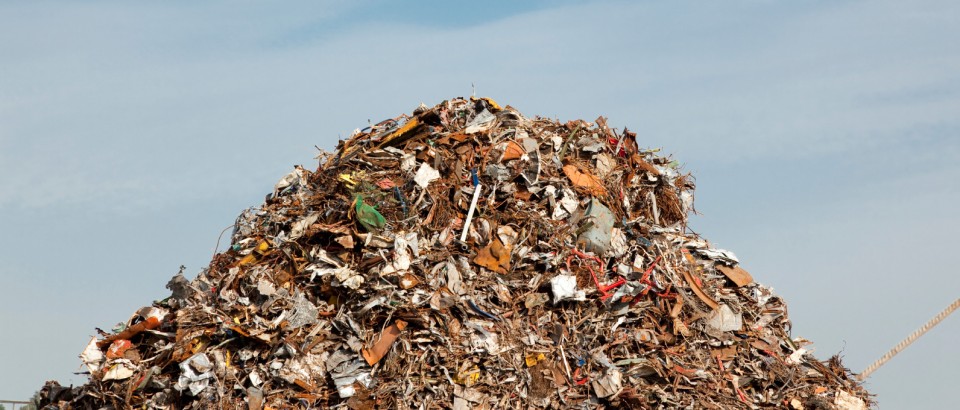Man and Waste Discussion
Man and Waste Discussion
the Glass House
Wednesday July 10, 16:00 – 18:00 2019

This afternoon, together with Martijntje Smits, technology philosopher, engineer and innovation thinker, and Erik Kuiper, adviser on New Landscapes at Waste Management, we will reflect on the current practice of waste disposal and the relationship between people, land and waste. How do we deal with the mountains of waste that we have created in the landscape? And from which cultural-historical and philosophical perspectives can we reflect in a different way on the meaning of waste and how we deal with it in order to arrive at new notions of responsibility and care?
This debate about People and Waste is organized within the framework of the research platform (in formation) Land (Art) Making that zone2source organizes in collaboration with Land Art Contemporary. In the spring we organized two excursions in which we, together with artists, designers and landscape architects, were guided around for a day by VAMberg in Drente and Diemerpark in Amsterdam. Both locations are characterized as landscapes that have been laid out at a landfill.
About the speakers
Erik Kuiper is trained as a planner and works at Afvalzorg in the position of consultant New Landscapes. Waste care manages, remediates and operates landfills that give substance to the circular economy. With newly developed knowledge they try to process as many waste materials as possible into building materials and bring them back into the circle of construction.
Landfills are given a safe and functional destination after closure and / or remediation. Over the years, strong trends have become visible here. Where do we as a society want to go together? Do we make it useful and visible or would we rather hide it? Erik Kuiper takes you into this discussion about the feasibility of our (waste) landscape.
Martijntje Smits (PhD) studied chemical technology and philosophy and is active as a technology philosopher, researcher and curator. Waste is a common thread in her work – for example, she led a research program on plastic waste in the late 1990s and published “Polymer Products and Waste Management – a Multidisciplinary Approach” (1996).
The instrumental approach that dominates in waste discussions and the belief in the possibility of a ‘zero-waste society’, raises numerous anthropological and philosophical questions about contemporary waste in her. In her book Monsterbezwering, she compared our current waste issue with cleanliness rituals in other cultures. In contrast to the instrumental approach to the waste issue, she proposes a cultural-philosophical approach.
